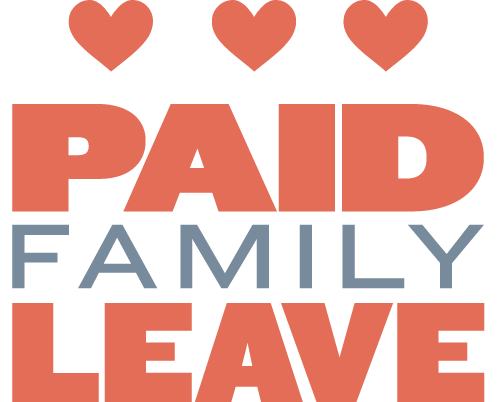DC’s paid family and medical leave program is supported by a tax on employers, but ultimately the cost of the program will largely be covered by the workers who get paid leave benefits. This means that the actual cost to DC businesses will be low – and perhaps close to zero. Is it magic? No, it’s economics.

Some businesses in the District have understandably expressed concerns about paying a new tax. Yet a closer review suggests there is less to be worried about than meets the eye. In reality, the cost is low: for an employee making $40,000 a year, the annual tax under the Universal Paid Leave Act (UPLA) is less than $250. Being able to provide that worker 8 weeks of leave when they have a child, 6 weeks when they need to care for an ill relative, or 2 weeks when they need time to care for themselves is a good deal—for employers and employees alike.
Beyond that, it’s likely that for many businesses, some or all of the program costs will be shifted to workers themselves—and therefore will not be a burden on businesses. That is what economists who commented on DC’s paid family and medical leave law say—and the analysis conducted by the DC Council Budget Office is in agreement.

Here’s how and why this works: a job with paid family leave benefits is more valuable to workers than one without these benefits. This means employers can likely attract workers at slightly lower wages or can offer slightly lower wage increases once they are paying for paid leave benefits through UPLA’s payroll tax.
For example:
- Consider a position that currently pays $40,000 without paid leave that becomes vacant. With paid leave added, the new job is more attractive than before, particularly compared to jobs in the suburbs with no leave. The employer can offer $39,750 for the new job with paid family leave as opposed to $40,000 for the job without paid family leave, and the wage savings would fully offset the employer’s paid family leave tax.
- Or consider a worker making $40,000 in a company that provides 2 percent annual pay increases. After two years, their salary would be $41,600. If the employer starts offering paid family leave under UPLA, slightly lower wage increases could be justified to help absorb the cost. If that worker’s pay rose to $41,350 after two years, instead of $41,600, the employer’s paid family leave tax would be fully offset.
You might be wondering: but isn’t it bad that workers will pay? It does mean slightly less take-home pay, but all workers would get something substantial in return. For a worker making $25 an hour, the cost of the tax being shifted to them is just 15 cents an hour, a small price in return for a benefit that all workers will likely use someday.
Offering paid family and medical leave can increase employee morale and reduce turnover, and will not have any noticeable effect on DC’s strong economy, according to a thorough analysis by the DC Council Budget Office.
Moving forward with DC’s paid family and medical leave program, even with a new tax on employers, will support workers and make it more attractive to work in DC, without placing a large strain on DC’s businesses or economy.
To print a copy of today’s blog, click here.
